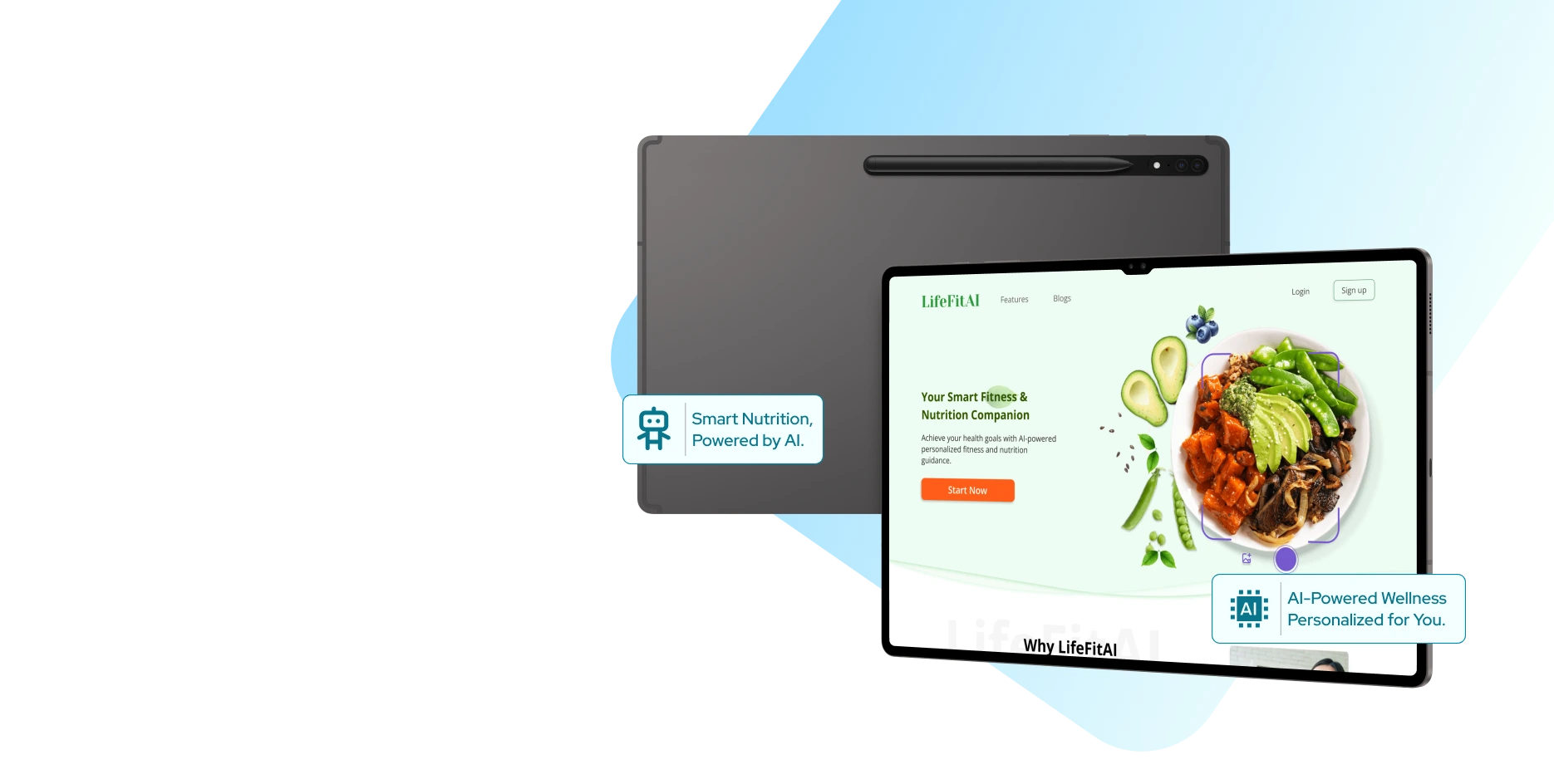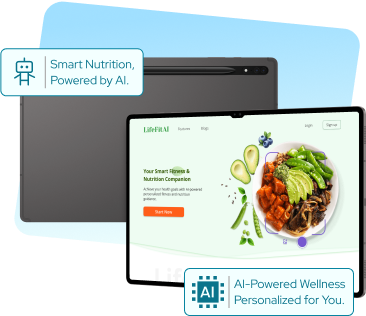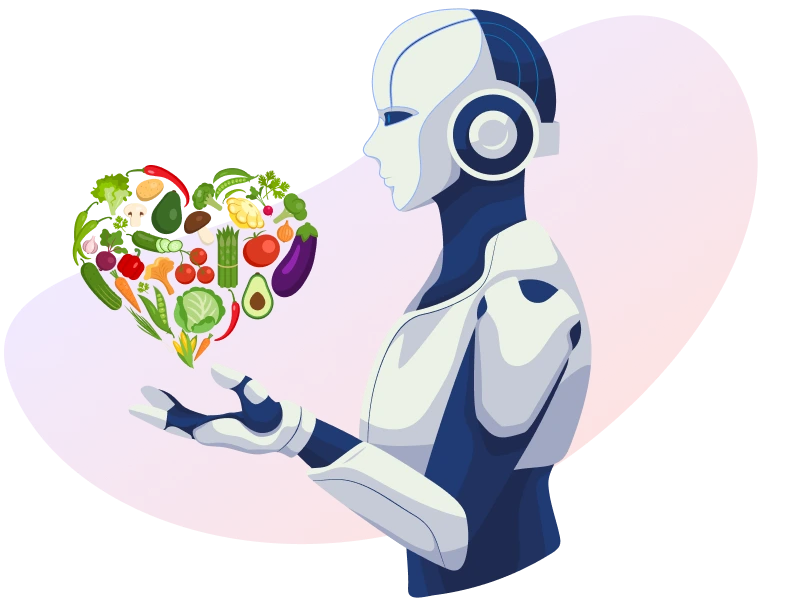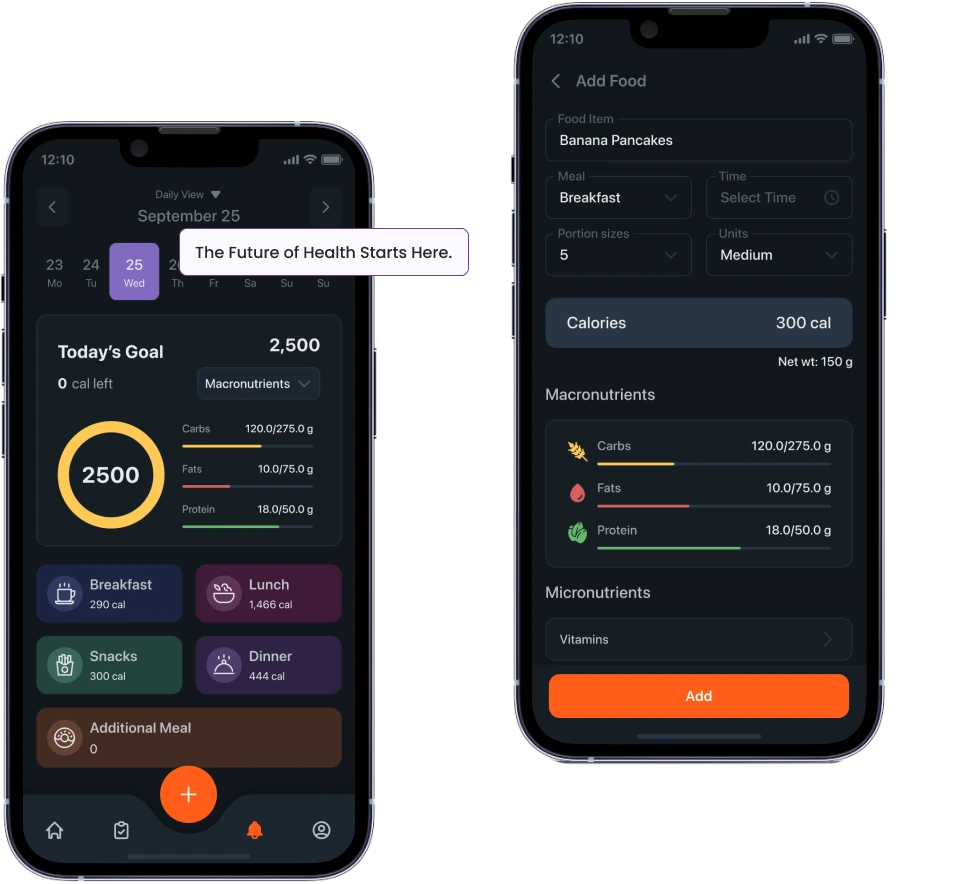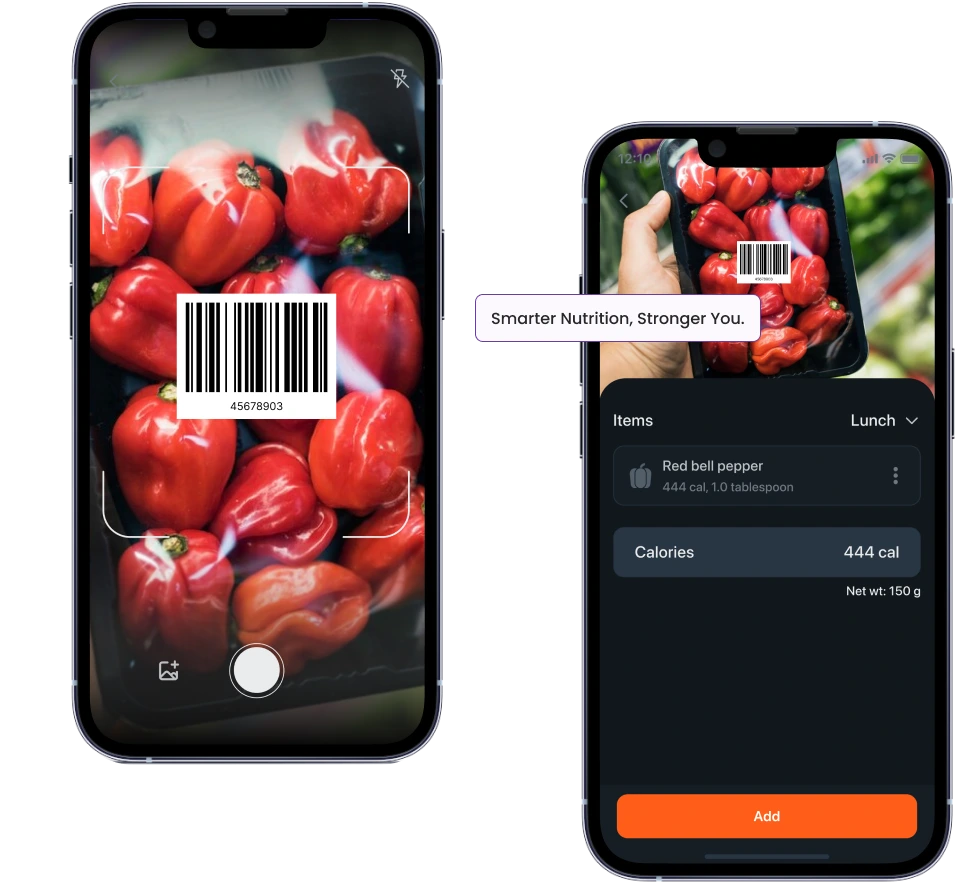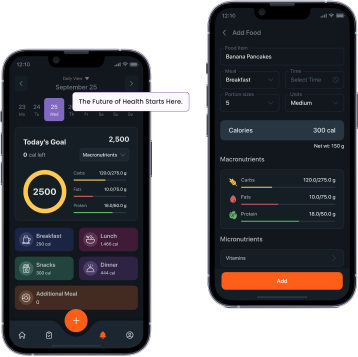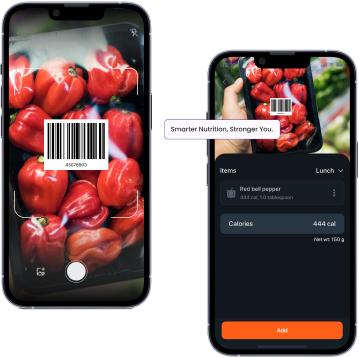Customer Profile
Our client wanted an AI-driven health and wellness solution that would provide users with personalized fitness and nutrition recommendations to achieve their fitness goals.
Problem Statement
Many individuals struggle to maintain a balanced diet and consistent fitness routine due to a lack of personalized guidance. Manual tracking of meals and workouts is cumbersome, often leading to inaccuracies and inconsistent progress monitoring. Additionally, fragmented health data across multiple platforms makes it challenging to get a comprehensive overview of one’s health journey.
Result
We built LifeFit AI, an AI-powered health and fitness application that personalizes meal plans, tracks nutrition, and integrates with fitness devices and health apps to offer tailored guidance to users. The app simplifies health management while providing users with real-time insights to make informed decisions about their wellness journey.
Overview
LifeFit AI is an advanced health and wellness application that leverages artificial intelligence to provide personalized fitness and nutrition recommendations and offer advice based on specific user goals and micronutrient needs. Users can create tailored profiles by inputting dietary preferences, medical conditions, and activity levels. The app enables the tracking of nutrient intake, fitness progress, and overall health metrics through cutting-edge features like speech-to-text logging, 3D body scanning, and integration with fitness trackers. By offering AI-powered insights, LifeFit AI empowers users to achieve their wellness goals effectively. The system evolves with the user, updating recommendations based on feedback.
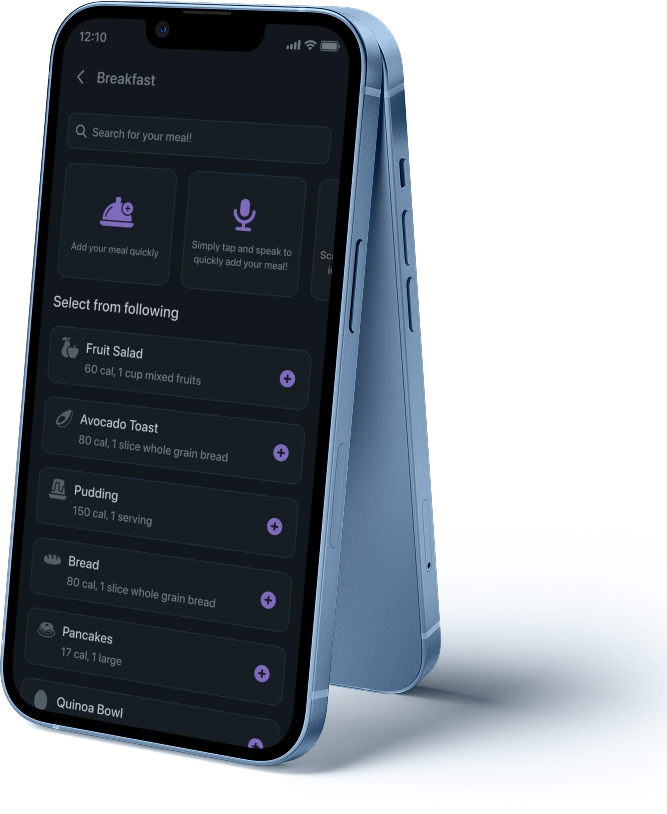
Developmental Challenges
- Ensuring accurate and dynamic nutritional tracking across diverse dietary needs.
- Maintaining the accuracy of AI-driven recommendations.
- Technical challenges with multiple service integrations.
- Guaranteeing user data security and privacy in compliance with health regulations.
How We Resolved Bottlenecks to Develop a Perfect Solution
Our expert development team tackled these challenges by implementing robust machine learning algorithms for accurate meal recommendations and dynamic nutritional tracking. We integrated AI-powered OCR and barcode recognition to enhance food data entry. We designed a microservices-based architecture, where each integration (e.g., fitness trackers, food databases, health monitoring apps) operates independently but communicates via APIs. We adopted end-to-end encryption (AES-256) for all stored and transmitted user data, implemented OAuth 2.0 and multi-factor authentication (MFA) for secure access control; and adhered to compliance standards like HIPAA.




